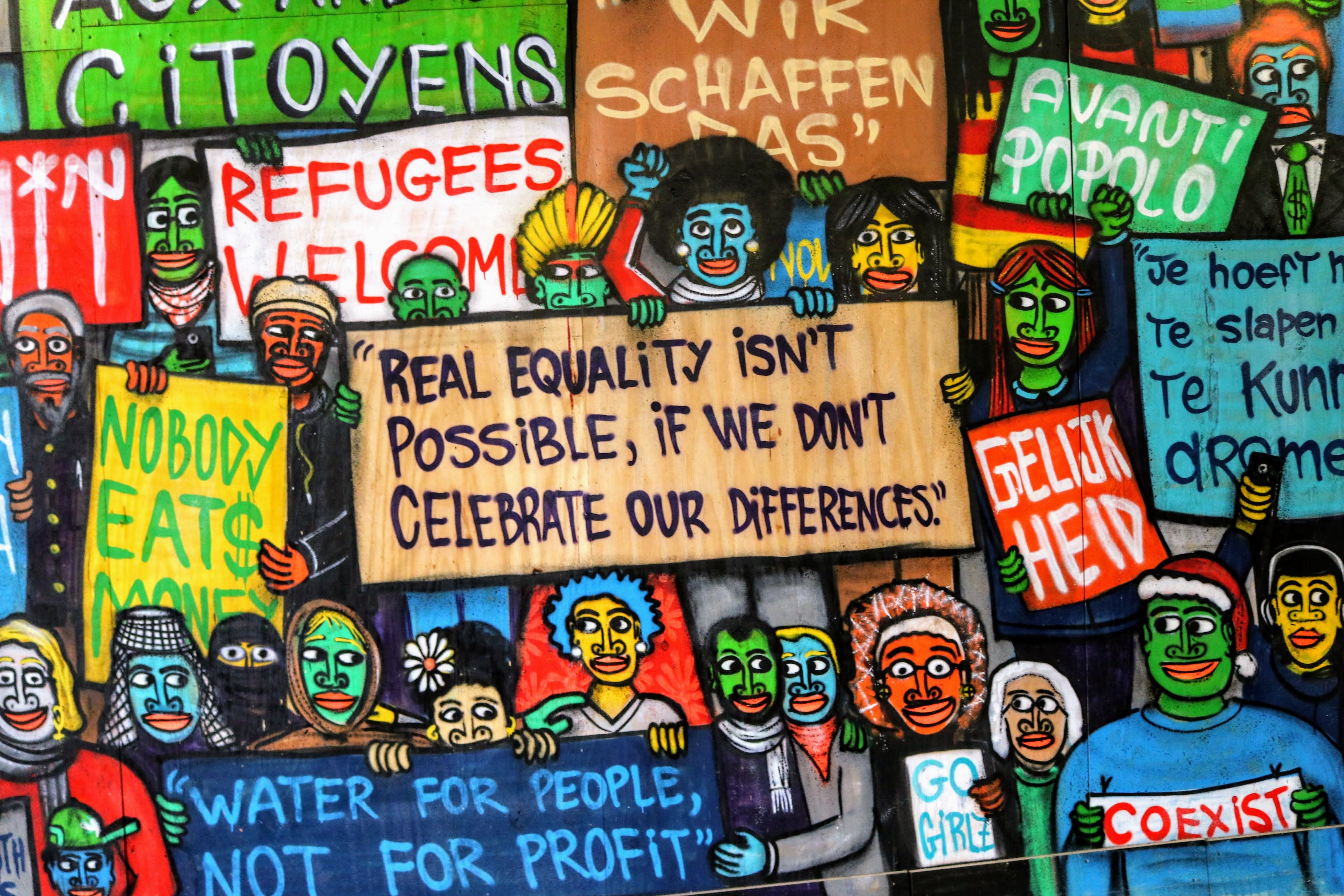
Immigration Scholarship: History, Trends and Development in Global Immigration
Files
Download Full Text (143 KB)
Date of Submission
May 2022
Semester
Spring 2022
Class
Article
Professor Name
Sabnam Ghosh
Abstract
The ethical wrongs in immigration laws severely impact what it means to be an immigrant American citizen. The Hispanic and Latino groups experience “citizenship” in the United States in a way that portrays them as uneducated and poor criminals, and this paper seeks to understand the reasoning behind this unfair reputation. In order to answer questions of ethics and law, this paper begins with studying the root of othering, regarding immigration in the United States. This research paper investigates the evolution of race-based exclusion laws in immigration and focuses on the relationship between these exclusion laws and race hierarchy in the US, using events and laws in the Trump era and the idea of flawed citizenship, which leads to the classification of “others” for Latinos and Hispanics. Throughout the history of the US, Hispanics and Latino are blamed for economic instability and threats of national security, yet this is unfair reasoning because it greatly impacts the unethical and flawed citizenship immigrants are forced to live with. The hardships, reputations, and flawed citizenship for Latinos and Hispanics root from the practice of unethical habits and lack of respect for their human rights, which is evident throughout the history of immigration laws and during the Trump era.
Keywords
ethics, citizenship, law, immigration, history of immigration, Hispanics, US Law
Theme
Latinos
Disciplines
English Language and Literature | International and Area Studies | Latin American Languages and Societies | Law | Race, Ethnicity and Post-Colonial Studies

Included in
English Language and Literature Commons, International and Area Studies Commons, Latin American Languages and Societies Commons, Law Commons, Race, Ethnicity and Post-Colonial Studies Commons

